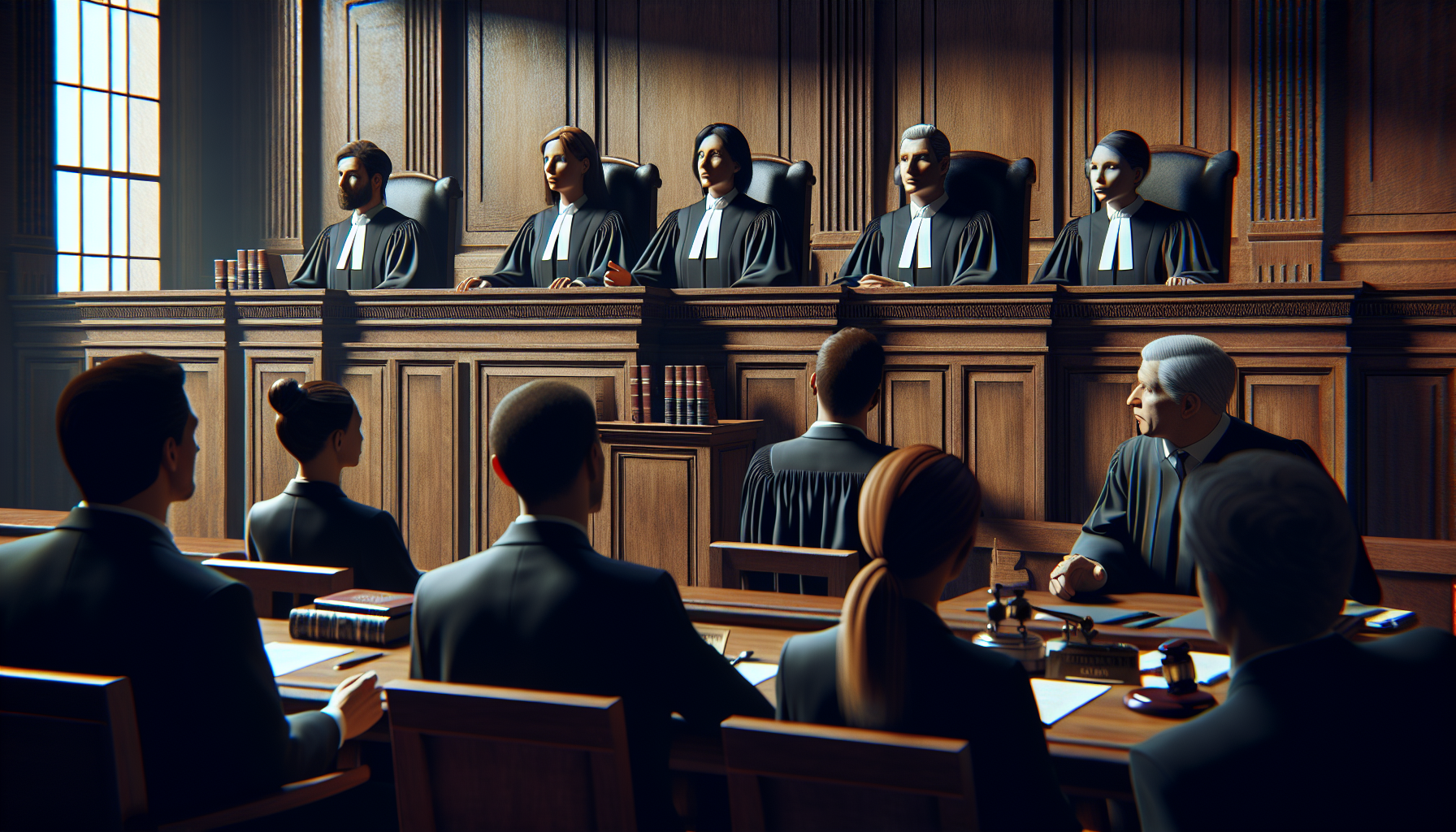The Delaware Supreme Court heard oral arguments on October 15, 2025, in an appeal over Elon Musk's 2018 compensation package from Tesla. The package, initially valued at $56 billion and now worth over $100 billion, was rescinded by a lower court due to concerns over board independence. Tesla argues a 2024 shareholder vote should reinstate it.
The legal battle over Tesla CEO Elon Musk's record compensation package reached a pivotal moment on October 15, 2025, when the Delaware Supreme Court heard arguments in Dover, Delaware. The package, approved by shareholders in 2018, consisted of performance-based stock options with no salary component. It promised Musk up to $56 billion if Tesla met ambitious growth targets, such as increasing the company's value tenfold. Tesla achieved these milestones by 2022, unlocking the full award, which, with the stock price at $429.24 as of mid-October 2025, is now valued at over $100 billion—potentially the largest CEO payday in history.
The lawsuit originated in 2018 when shareholder Richard Tornetta sued Musk, Tesla, and the board, alleging a breach of fiduciary duty. Tornetta claimed Musk exerted undue influence over the board, including through personal ties to members, and that shareholders were not fully informed of these relationships when approving the deal. At the time, Musk owned 21.9% of Tesla stock. The case was filed in Delaware's Court of Chancery, where most large U.S. corporations, including Tesla then, are incorporated.
In January 2024, Chancellor Kathaleen McCormick ruled in Tornetta's favor, describing the award as an "unfathomable sum" and finding the board lacked independence. She ordered Tesla to devise a new package. Instead, Tesla resubmitted the same plan for a shareholder vote in 2024, which passed overwhelmingly. McCormick rejected this ratification, prompting an appeal in March 2025.
During arguments, Tesla attorney Jeffrey Wall emphasized the 2024 vote: "This was the most informed stockholder vote in Delaware history. Shareholders in 2024 knew exactly what they were voting." He argued it provided "perfect hindsight" and should resolve the case. A board lawyer contended Musk influenced but did not control the board, and rescinding the award unfairly ignores Musk's contributions, which grew Tesla's value by roughly 1,400%. Tornetta's attorney, Greg Varallo, defended the ruling as "based on careful fact-finding and application of settled law," warning that allowing post-trial ratification would make "lawsuits interminable."
Both sides claim to represent shareholder interests: Tornetta's team argues overpayment harms investors, while Tesla's stresses deference to votes. Currently, Musk owns about 13% of Tesla and recently bought $1 billion in shares. An interim $29 billion package was approved this summer as an alternative. Tesla's board also proposed a new performance-based plan last month, tied to goals like robotaxi operations and Full Self-Driving subscribers, potentially worth $1 trillion if fully realized; shareholders vote on November 6.
The case has broader implications for Delaware's corporate law, sparking a "Dexit" trend. Tesla reincorporated in Texas in June 2024 after Musk criticized Delaware rulings. Over two-thirds of Fortune 500 companies are Delaware-based, but recent Chancery decisions, including this one, have prompted legislative changes to curb such suits.

